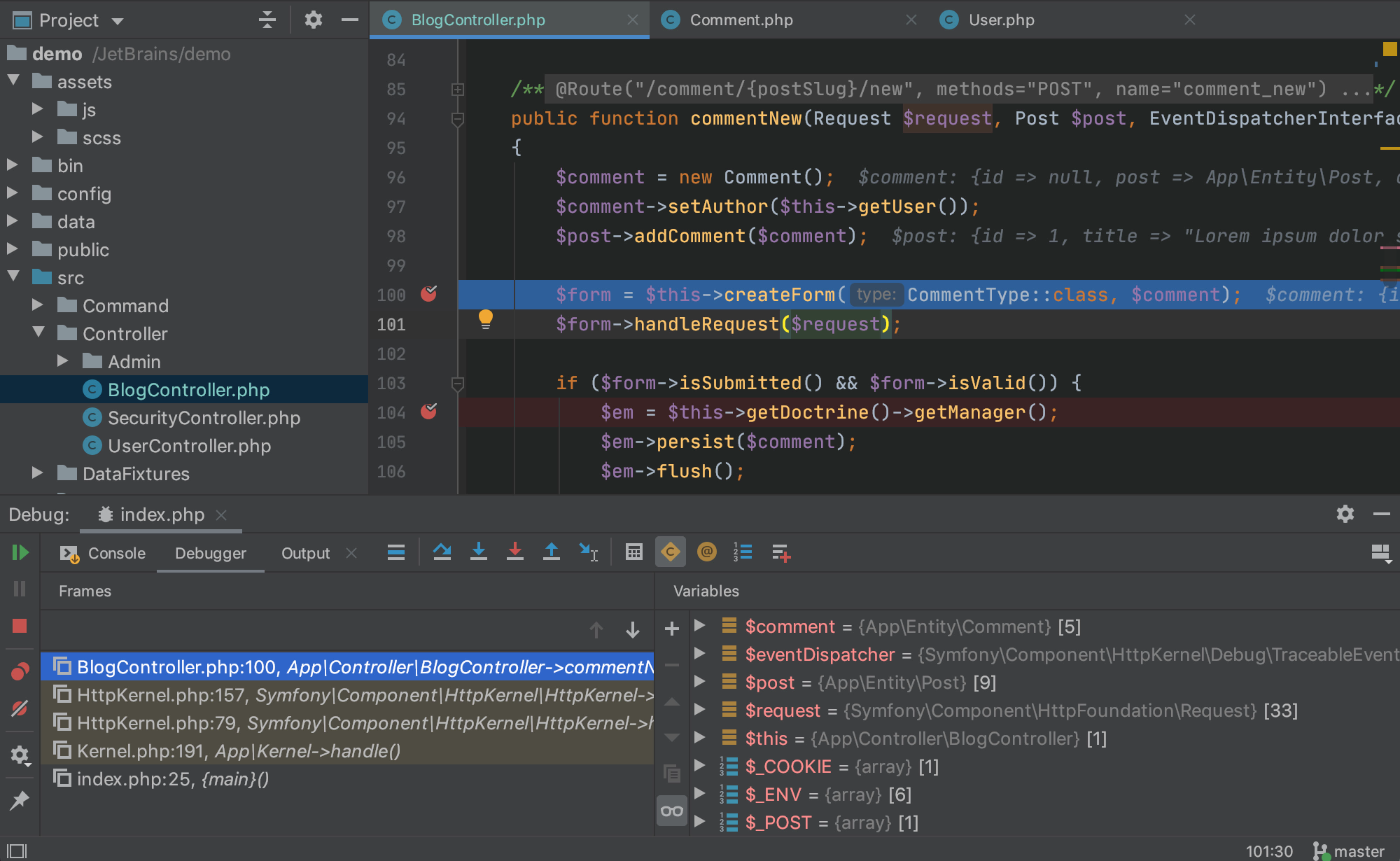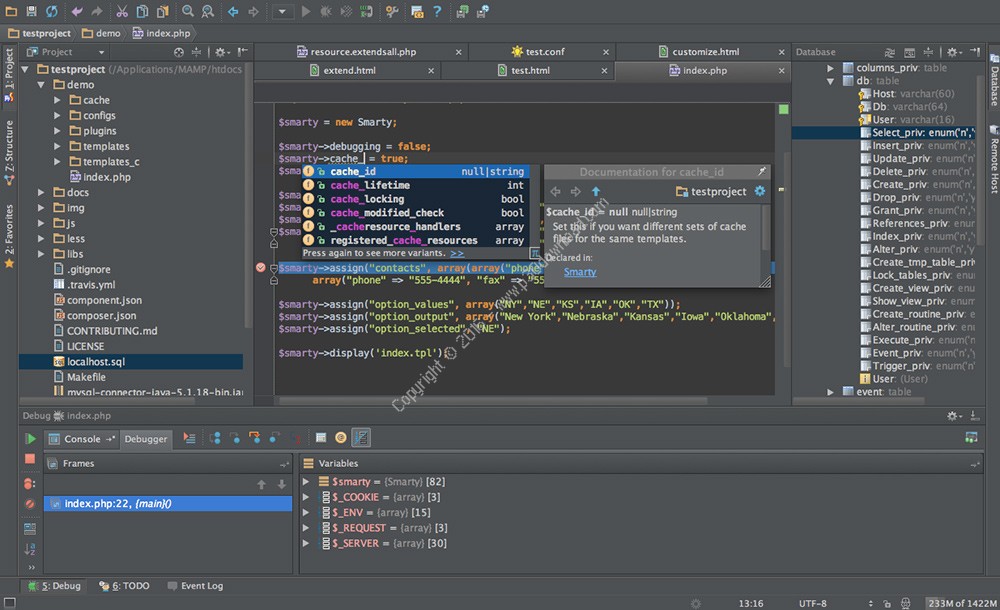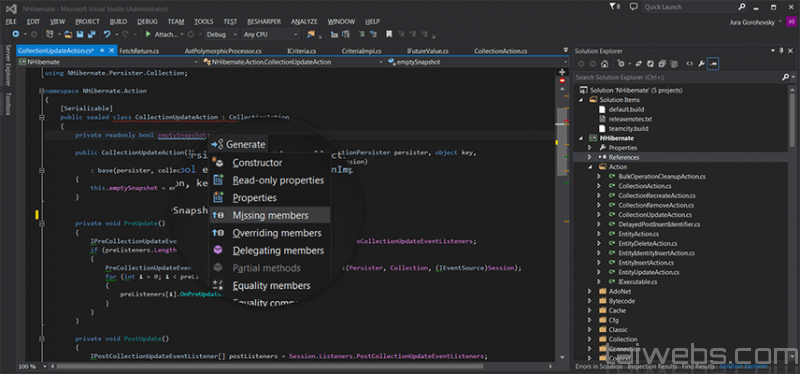

Machine code is the language that is as close as possible to what the server’s CPU can run.Fleet is JetBrains' attempt to provide a polyglot, lightweight IDE, including support for remote workspaces.

Rust can write extremely low machine-level code, making it ideal for working with microcontroller applications or OS kernels.Because Rust directly interacts with the memory and hardware, it is an ideal language for embedded systems and bare-metal development.After it compiles, Rust determines when memory is no longer needed, which allows for more efficient memory usage.The heap is slower but unlimited in size.It is explicitly allocated by the program. The stack is very fast but is limited in size. Rust allows us to either store data “on the stack” or “on the heap.” Typically, programs can access two types of memory when it stores values: either the stack or the heap.This module helps eliminate entire classes of bugs caused by unsafe memory usage. Part of the compiler responsible for ensuring that references do not outlive the data they refer to is the borrow checker.It also downloads and installs multiple third-party packages with ease. Cargo is the Rust package management system that can auto-generate documentation, run tests, and upload packages to a repository. Rust users can employ Cargo to compile Rust code.Excellent compatibility with Linux, Windows, and Mac operating systems.Plus, it identifies pattern errors clearly and concisely.


It comes with a built-in package manager and builder, a testing system, and a documentation generator. Rust contains a standardized compiler from the Rust developers.


 0 kommentar(er)
0 kommentar(er)
